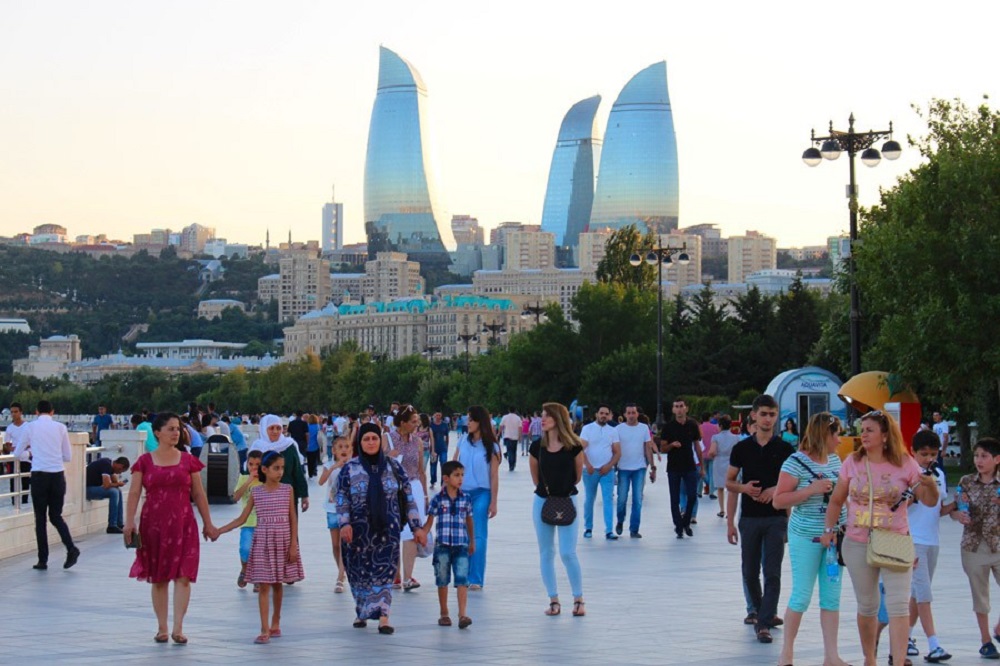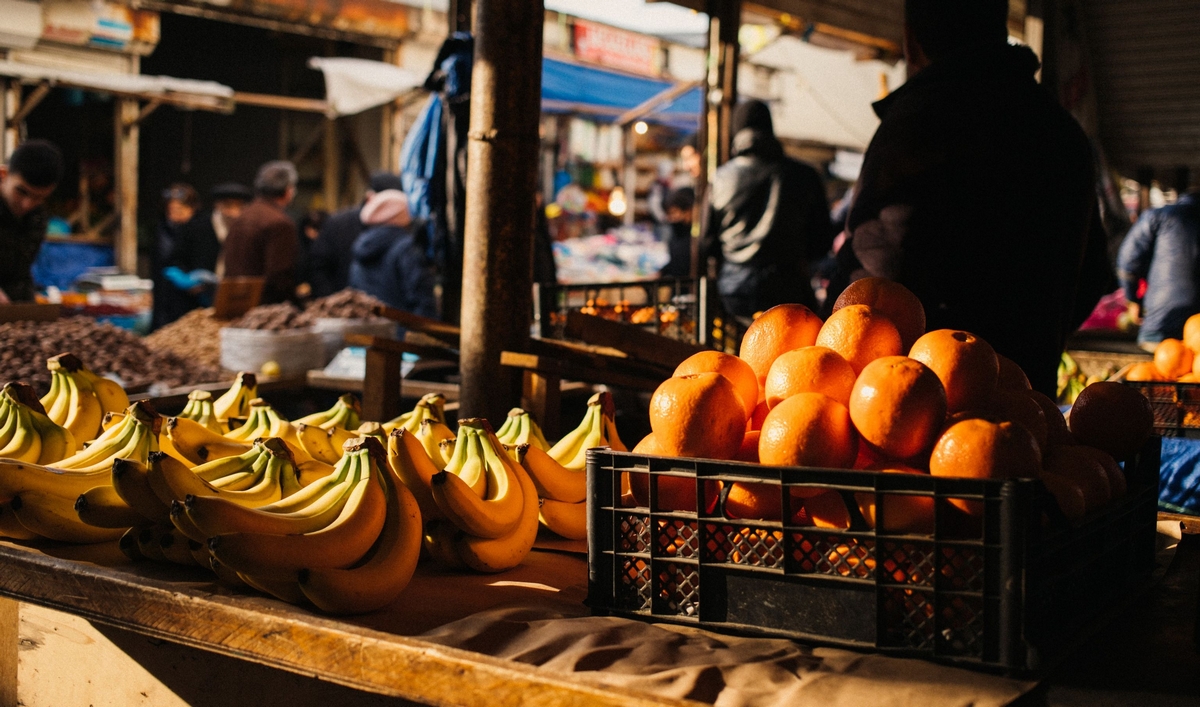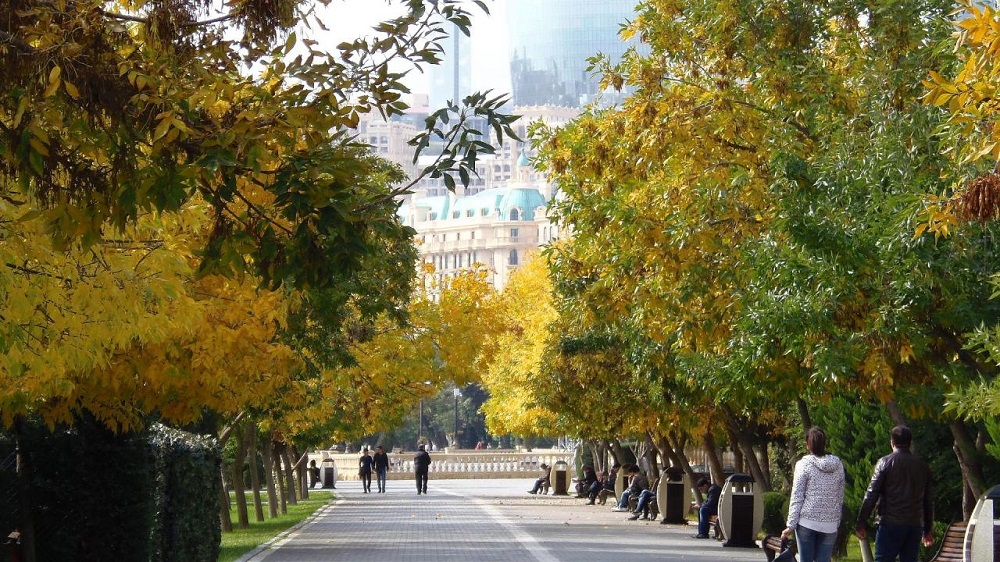
Prices surge in Azerbaijan
In Azerbaijan, state controlled prices for AI-92 gasoline, diesel fuel, and public transportation have been raised. Additionally, costs for certain utilities have also increased. According to experts, the recent gasoline price hike is expected to lead to a nationwide increase in prices across all sectors in the coming days.
- Ombudsman’s Office: ODIHR/OSCE has negatively assessed the abolition of gender quotas in Georgia
- “Iran’s policy towards Armenia will not change after the elections,” says the Iranian ambassador
- Snap parliamentary elections in Azerbaijan are scheduled for September 1
The price of the most popular gasoline and diesel in Azerbaijan has been increased
According to a decision by the Tariff Council announced on June 30, the retail price per liter of AI-92 gasoline has risen by 10% to 1.1 AZN (approximately $0.65). Diesel fuel has increased by 25% to 1 AZN (about $0.60).
These price hikes are attributed to the rising cost of fuel due to transitioning to Euro-5 standards.
Additionally, Azerbaijan’s state oil company SOCAR has announced a decrease in prices for premium AI-95 gasoline. This reduction is made possible by starting domestic production of AI-95 gasoline compliant with Euro-5 standards.
Depending on market conditions, it is expected that starting from July 15, 2024, the price per liter of locally produced AI-95 gasoline will decrease by 20% to 1.60 AZN (around $0.94).
Public transportation fares in Azerbaijan have increased by 25 percent. On the same day, the cost of passenger transportation on metro and intra-city and intra-district routes also went up.
The metro fare has increased by 25 percent and will now be 0.5 AZN ($0.29).
A maximum tariff of 0.5 AZN has been set for passenger transportation services on regular intra-city (intra-district) bus routes.
Previously, the fare for these routes was 0.4 AZN (approximately $0.23).
On suburban bus routes, the maximum tariff for passenger transportation will be 0.037 AZN (around $0.02) per kilometer.
The decision to increase tariffs was made by the Board of the Ministry of Digital Development and Transport.
What are people saying?
“Today I checked taxi fares on online services. From my home to the restaurant where we meet with former classmates once a month, the fare is now about 7 manats, whereas just yesterday it was a maximum of 2.5 manats. So, prices have almost tripled,” says one resident of the capital.
“The price for buses and the metro has increased to 50 qəpik [0,5 AZN]. Students receiving a stipend of 150 manats now have to spend 1 manat per day on transportation. When we were in university, the metro cost only 30 qəpik. One of our classmates either skipped classes or walked to and from the university to avoid spending 60 qəpik per day. Instead of increasing stipends, they raise public transportation prices.
Due to all these deprivations, most Azerbaijani youth have problems with their nervous system. I am only 23 years old, and hundreds of physical problems due to nervousness, stress, and worry“, a user from Azerbaijan writes on social media.
“How else should they say directly to people ‘let the poor die’ ?!” asks another social media user.
“Suddenly, tariffs for household waste collection have increased by 2.3 times”
Renowned economist and member of the political platform ‘III Republic’ Rovshan Agayev reminds about the rise in prices for certain communal services.
“Suddenly, tariffs for household waste collection have increased by 2.3 times.
Until now, the tariff for the population category in the Absheron district was 0.3 manat per person per month, but now we will have to pay 0.7 manat.”
“In the town of Khirdalan, part of Azerbaijan’s Absheron district, even a small fee of 10 gəpiks for services is considered expensive, according to one resident. Streets are plagued by unsanitary conditions due to irregular garbage collection, particularly noticeable in windy weather with plastic bags, paper, and cardboard boxes littering the streets. The situation worsens during hot days due to the accompanying odors.
Adding to the frustration is the requirement to pay these fees in cash, which lacks transparency and is collected by opaque structures”, Agayev says.
Ali Kerimli, chairman of Azerbaijan’s opposition People’s Front Party (PNFA), criticizes the government for raising fuel prices and public transport fares during an election period. He argues that in a truly competitive environment with genuine elections, such price hikes would not be implemented, as voters worldwide are sensitive to increases, especially in fuel costs.
One of the leaders of the Republican Alternative Party, Natig Jafarli, echoed similar sentiments on social media ahead of the upcoming September 1 parliamentary elections:
‘No government raises prices or makes unpopular decisions just before elections. If they’ve chosen to act now rather than wait two months, it’s a sign of limited options, rising costs, and declining revenues. Moreover, I’ll say this is just the beginning; in the coming months, all utility payments will increase. The manat will depreciate in 2025.
We’ve already warned about expected price hikes weeks ago. If we, as a society, don’t send a clear message to the government in these elections, they will proceed more confidently.’
Prices surge in Azerbaijan




